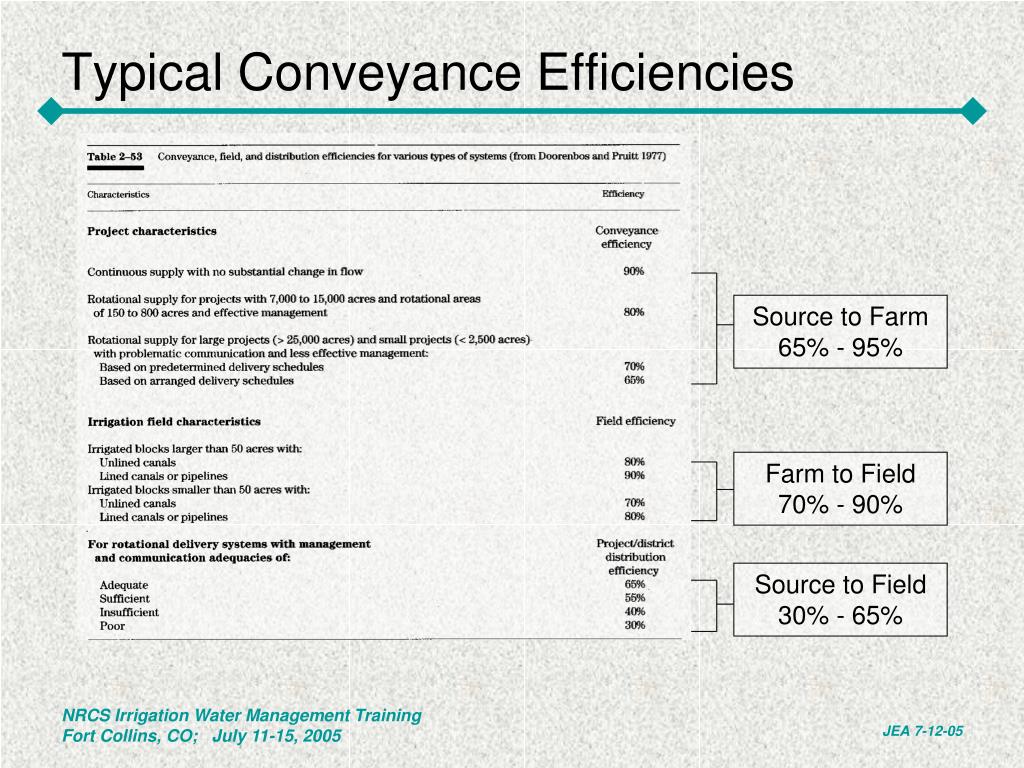

A conveyance attorney can help to research the title and ensure that the title is clear before the conveyance takes place.
Define conveyance professional#
It is important to note that the conveyance of real property can also be done through other legal instruments such as contracts, trusts, wills, etc.Įach conveyance type has its own set of legal requirements, and it is recommended to consult an attorney or a real estate professional to understand the legal and practical implications of each conveyance.
Define conveyance license#
Conveyance of license interest: This type of conveyance grants the grantee the right to use the property for a specific purpose, such as hunting or fishing, but does not convey any ownership or possessory rights.The grantee does not have the right to possession or control of the property. Conveyance of easement interest: This type of conveyance grants the grantee the right to use a specific portion of the property for a specific purpose, such as access to a shared driveway or to utility lines.Upon the grantee’s death, the property reverts back to the grantor or their designated heirs. Conveyance of life estate interest: This type of conveyance grants the grantee the right to possess and use the property for their lifetime.The grantee typically pays rent to the grantor for the right to use the property. Conveyance of leasehold interest: This type of conveyance grants the grantee the right to possess and use the property for a specific period of time, known as the lease term.The grantor gives up all rights to the property, and the grantee has the right to pass the property to their heirs. Conveyance of fee interest: This type of conveyance transfers complete ownership and control of the property to the grantee, including the right to possession, use, and disposition of the property.There are several different types of conveyances that can be used to transfer ownership of real property. The conveyance of real property is usually done with the assistance of a lawyer or a real estate agent and will typically involve the execution of a purchase agreement, the payment of transfer taxes, and the recording of the deed with the appropriate government agency. The grantee receives a physical copy of the deed. The conveyance of real property must be done in writing, and it’s usually recorded in a public registry. This type of deed provides guarantees and warranties, but they are limited to only those defects that occurred during the grantor’s ownership of the property. Special warranty deeds are a hybrid of the quitclaim and warranty deeds, they are typically used in commercial transactions. The grantor is responsible for any defects in the title or any outstanding liens on the property. It does not provide any guarantees or warranties about the property’s title or condition.Ī warranty deed, on the other hand, includes guarantees and warranties about the property’s title and condition.

The most common types of deeds are the quitclaim deed, warranty deed, and special warranty deed.Ī quitclaim deed is a legal document that transfers whatever interest the grantor (the person transferring the property) has in the property to the grantee (the person receiving the property). This transfer can be accomplished through a legal document known as a deed. A conveyance of real property is the transfer of ownership of real estate from one person or entity to another.


 0 kommentar(er)
0 kommentar(er)
